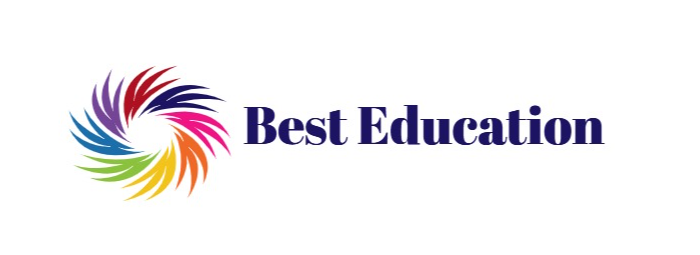Seattle The majority of individuals concur that one of the most important factors in enabling people to improve themselves is education. A person who does not have a full education loses out on a lot of significant opportunities. But the real advantages of education are frequently ignored or underappreciated.
1.] Reduction of poverty
Since poverty is thought to be primarily caused by a lack of education, many children who live in extreme poverty do not have access to a basic education.
For instance, if every student graduated from high school with a rudimentary understanding of reading, 171 million people could be pulled out of extreme poverty.
That is a 12 percent decrease in the global total. Furthermore, the Education Commission’s suggested improvements to education might contribute to a 30% decrease in absolute poverty.
2.] Greater earnings
Benefits of classical education is the ability to make more money. An educated individual is more likely to acquire a higher-paying position.
For example, for every additional year of education, incomes rise by about 10%. People can specialize in particular subjects with higher education, which opens up a lot of job prospects.
3.] Encourages parity
One of the best equalizers is education. Equal access to Benefits of classical education is essential to guaranteeing that everyone, regardless of color, gender, or social class, has equal chances. For example, women make up about two-thirds of the 775 million illiterate adults worldwide.
They frequently miss out on better work prospects due to their lack of education. Furthermore, education expands women’s and girls’ alternatives. In actuality, a woman’s income can rise by 10–20% for every extra year of education.
4.] Advantages for health
Mothers with more equality education have a better probability of raising healthy children. For instance, they have a higher chance of receiving vaccinations and a lower risk of experiencing stunted growth due to malnutrition.
Compared to children whose moms have no education, those whose mothers have at least a secondary education have twice the chance of surviving till the age of five.
5.] Economic expansion
People in countries with high literacy rates earn more money on average per capita. On the other hand, illiteracy rates are typically higher in developing nations, where a sizable portion of the population lives below the poverty line.
For example, if all children were educated, the GDP per capita in low-income countries in 2050 would be over seventy percent lower.
6.] Deters criminal activity
People’s perceptions of right and wrong are shaped by education, which also typically instills a sense of duty to carry out one’s societal obligations.
Among the most vulnerable are those who are impoverished. As a result of their lack of opportunities, people may engage in illicit activity. Equality education helps people avoid these dangerous habits since it provides opportunities.
7.] Advantages for the environment
By 2030, as a result of climate change and the ensuing rise in the frequency of catastrophic disasters, up to 122 million people may live in poverty.
A highly educated and trained labor force is essential for the green industries, and education can increase farmers’ awareness of agricultural sustainability. Furthermore, the ability to read and write makes one more conscious of environmental issues.
8.] Lessens violence against women
Gender-based violence has a detrimental impact on girls’ access to Equality education in many places. Many women and girls are discouraged from attending school because they fear physical abuse.
But education can also have a positive mental health impact, which deters violence.
9.] Decreases the number of child marriages
A significant issue in many underdeveloped countries is child marriage. Equality education might lessen this risky habit because it lowers the chance of child marriage by 5% for every year a person completes secondary school.
Actually, there is a clear correlation between girls delaying marriage and having completed their secondary school.
10.] Lowers the rate of maternal deaths
Maternal death rates can be reduced with education. If every woman completed primary education, the risk of maternal deaths would decrease by two thirds. It would prevent 189,000 deaths.
Benefits of classical education are linked together, as they collectively enhance an individual’s life circumstances. Regretfully, despite the fact that education has many advantages, access to it is severely restricted in many parts of the world.
Many youngsters in their neighborhoods do not receive an education since there are not enough funding or schools in them.
Lack of access to education exacerbates more serious issues like inequality, poverty, and occasionally even violent crime. The construction of a school in a far-off place could lift hundreds of kids out of poverty.




